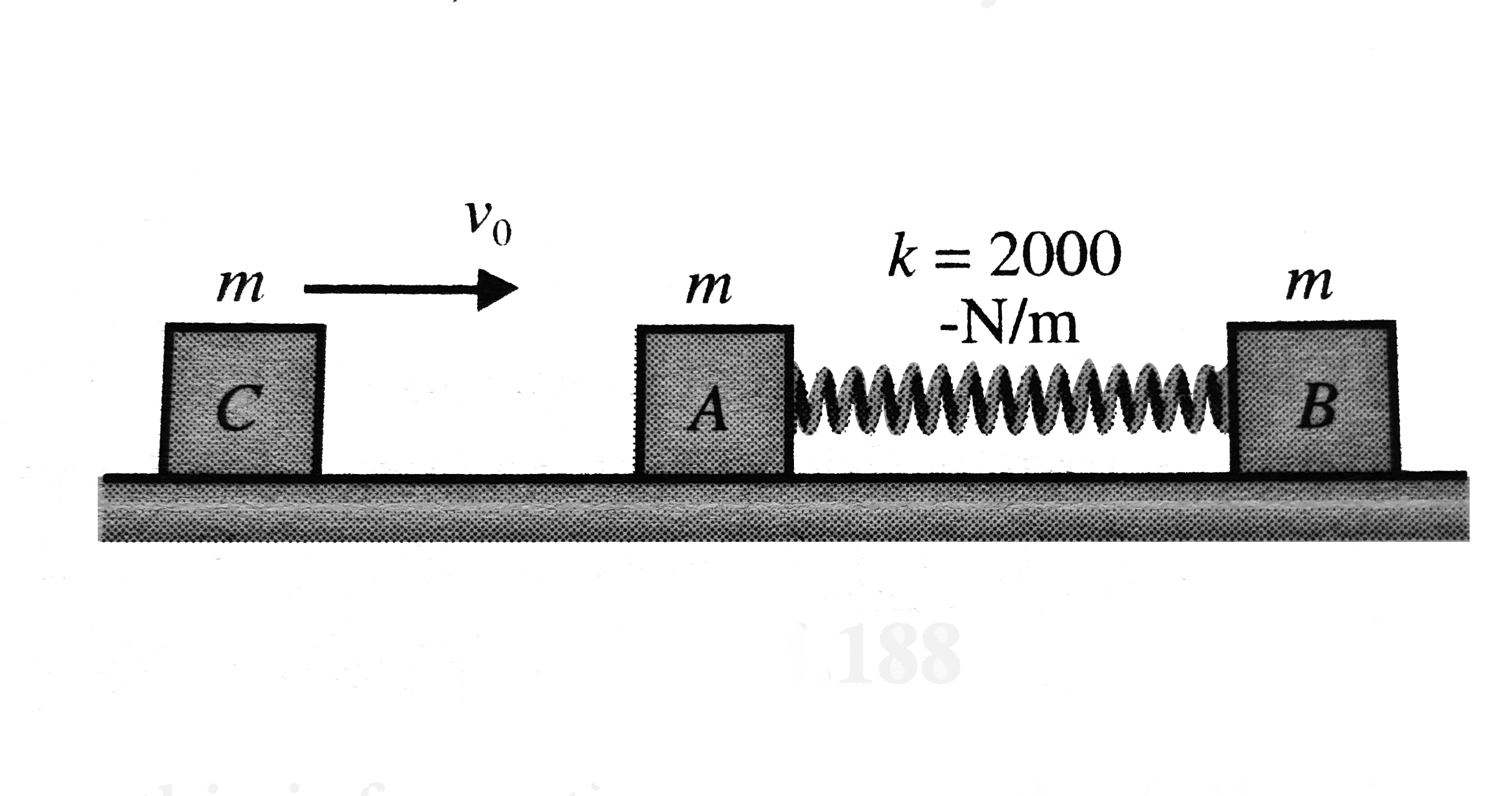If the nervous system, after receiving information, interprets the information and decides how it might respond, it is relying on the ........ function.
A) motor
B) sensory
C) integrative
D) responsive
The correct Answer is:C
integrative
Topper's Solved these Questions
- NEURAL CONTROL AND CO-ORDINATION BOOK - ICSECHAPTER - NEURAL CONTROL AND CO-ORDINATION EXERCISE - TEST YOUR PROGRESS ( OBJECTIVE TYPE QUESTIONS ) (Fill in the blanks with appropriate words.)
14 Videos
- NEURAL CONTROL AND CO-ORDINATION BOOK - ICSECHAPTER - NEURAL CONTROL AND CO-ORDINATION EXERCISE - TEST YOUR PROGRESS ( OBJECTIVE TYPE QUESTIONS ) (State whether the following statements are true or false .)
9 Videos
- MORPHOLOGY OF FLOWERING PLANTS BOOK - ICSECHAPTER - MORPHOLOGY OF FLOWERING PLANTS EXERCISE - NCERT TEXTBOOK QUESTIONS WITH SOLUTIONS
25 Videos
- NEURAL CONTROL AND COORDINATIONBOOK - ICSECHAPTER - NEURAL CONTROL AND COORDINATIONEXERCISE - (Review question) long answer
20 Videos
Similar Questions
Knowledge Check
Portions of the nervous system are specialized to detect change in the internal and external environments. Which of the following functions best fits this description?
ASensoryBMotorCIntuitiveDIntegrativeThere are few areas of work or leisure which will not be affected profoundly by the widespread availability of low-cost, easy-to-use information. If this seems in any way surprising, it may be because society in general has not yet fully cottoned on to the concept of information as a resource which is often as valuable as money or manpower. In the same way, it took a very long time for society to come to grips with previous waves of industrial change based on revolutionary new concepts such as the engine, electricity and the jet engine.
In this case, the problem has been that, until recently, much information was simply too difficult to obtain, shift, convey, display and analyse - so a range of techniques had to be developed for making do without it. These tend to be called instinct, or experience, or gut feeling, or flair. But considering what most people are already capable of, despite the dearth of information and a limited memory, man's intellectual horizons will be expanded enormously through the colossal capabilities of electronics technology to process and deliver information at very high speeds and very low costs.
In education, inter alia, the eventual ability to access essentially any database of information on any subject will lead to a radical change in teaching methods, with almost all the emphasis being on interpretation of the easily available facts and the creative use thereof, rather than the old-fashioned memorizing of data. In health care, diagnostic skills are already being honed through the use of computerized information banks, and this process will accelerate significantly as the information revolution gathers pace. Information technology (IT) products will add a new dimension to the use of leisure time, just as personal computers are already doing in many homes. Even straightforward entertainment will be enhanced by the availability of a wide choice of specially, high-fidelity radio and video programs delivered primarily by some form of cable'.
Communication will be revolutionized by low cost IT products. Although, the printed word - in the form of books, newspapers and magazines - will retain a vital (and highly convenient) role in education, entertainment and the provision of general information, the display screen will become pervasive. This will encourage banking, working and shopping from home (with major implications for the High Street, urban traffic patterns and local authority finances), and the ultimate universal ownership of videophones may adversely affect the growth of business travel. In manufacturing, the production processes and the quality of the end-products will be improved through the extended use of electronics-based techniques of measurement and control. Most important, however, will be the exponential increase in industrial automation generally and small, special-purpose robots in particular, for carrying out precise, repetitive and/or dangerous tasks. The office will become increasingly important as the focus of information, control and decision-making,
And so on, as far as the imagination can stretch. In the advanced nations, information technology is to the home, office and factory what the internal combustion engine was to mass transport: it is transforming practically everything, from societal patterns to the world economy. Those who wish to prosper from IT had better understand and master it.
According to the passage:Anew IT products will help people have more leisure time.Brobotics will result in more unemployment.Cpeople will be in a better place to carry out business from their homes.Dbooks and newspapers will become obsolete.
How do B-cells of the immune system respond to antigens?
View SolutionHow is each RNA related in the information flow during protein synthesis? Explain.
View Solution
Two identical blocks A and B, each of mass m=3kg, are connected with the help of an ideal spring and placed on a smooth horizontal surface as shown in Fig. Another identical blocks C moving velocity v0=0.6ms collides with A and sticks to it, as a result, the motion of system takes place in some way
Based on this information answer the following questions:
Q. After the collision of C and A, the combined body and block B would
View Solution
Two identical blocks A and B, each of mass m=3kg, are connected with the help of an ideal spring and placed on a smooth horizontal surface as shown in Fig. Another identical blocks C moving velocity v0=0.6ms collides with A and sticks to it, as a result, the motion of system takes place in some way
Based on this information answer the following questions:
Q. After the collision of C and A, the combined body and block B would
View SolutionNervous systems have two main functions : to initiate and coordinate responses to the ........., and to maintain ........
View SolutionA: Optical communication system is more economical than other system of communications.
R: The information carrying capacity of a communication system is directly proportional to its band width.
View Solution
